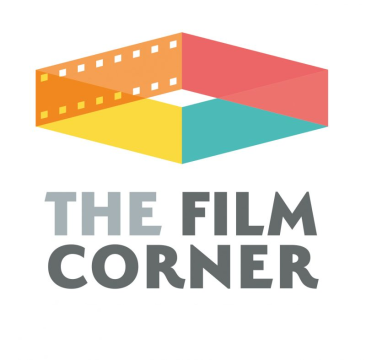Department of Human Sciences for Education “Riccardo Massa”
Internationalisation Days 2026
Digital Identities. An Ongoing Inquiry on Social Workers' Use of ICTs
Inside ESC PhD – Monica Facciocchi
My research journey stems from my direct, personal experience of educational practices. Even before I started my PhD, my work in residential facilities for young people led me to meet families affected by deep wounds, hard-to-reach teenagers and complex, fragile stories that needed to be heard above all else. It was in this context that child-to-parent violence emerged as an extreme form of expression for individual suffering that is difficult to articulate.
Inaugural day of the 41th cycle of PhD Program in Education in the Contemporary Society
"The Film Corner for all" project

The Film Corner for all, Digital innovative environments for film and media literacy is a follow-up project stemming from The Film Corner. Online and offline activities for film literacy and The Film Corner Reloaded. A cultural approach already promoted in the frame of the Creative Europe programme 2014-2020 and is based on the design, development and test of an innovative set of interactive resources, an online interactive user-centered platform for film education aimed at fostering audience engagement. The platform is based on a selection of EU arthouse films and audiovisual, both feature and heritage short and long films and audiovisual.
In the previous editions of the project a set of interactive resources have already been developed: a section dedicated to a critical approach to film language and to film as an art form, a creative approach dedicated to film and to filmmaking and a section based on an interdisciplinary and cross-curricular approach to film education. The new sections that will be developed will be strongly integrated and connected with the sections of the platform that have already been developed, will foster connections with the SVOD platform www.cinetecamilano.it – in order to better connect film education, circulation of EU films, audience engagement and monetization of content – and will both push towards the empowerment of the consolidated audience and the search for new audiences for EU arthouse films and audiovisual.
The Film Corner is an online interactive user-centered platform for film education addressed to school students aged 11-18 and their teachers and to mainstream users with the general purposes of increasing sensitivity and appreciation of film, increasing the film education average skills among EU students and fostering engagement towards film. The platform is accessible for free and is already available in IT, EN, FR, SR, SL, GE.
The Film Corner platform includes:
- 3 sections, called “studios”
- 7 didactical paths
- 18 interactive apps
- a selection of more than 150 extracts from classic and contemporary EU and non-EU films.
The platform has been developed in the frame of The Film Corner project, that has been run since 2016 by Fondazione Cineteca Italiana (Milan, Italy) in collaboration with a consortium of partners including: Jugoslovenska Kinoteka, the Serbian national film archive (Belgrade, Serbia), The University of Galway (Galway, Ireland), The University of Milano-Bicocca (Milan, Italy), Kino Otok (Ljubljana and Izola, Slovenia) and the Georgia National Film Centre (Tiblisi, Georgia). The Film Corner project is co-financed by the Creative Europe programme promoted by the European Commission.
Professor Emanuela Mancino is the scientific supervisor of the project for our University.

Funded by the European Union. Views and opinions expressed are however those of the author(s) only and do not necessarily reflect those of the European Union. Neither the European Union nor the granting authority can be held responsible for them.
